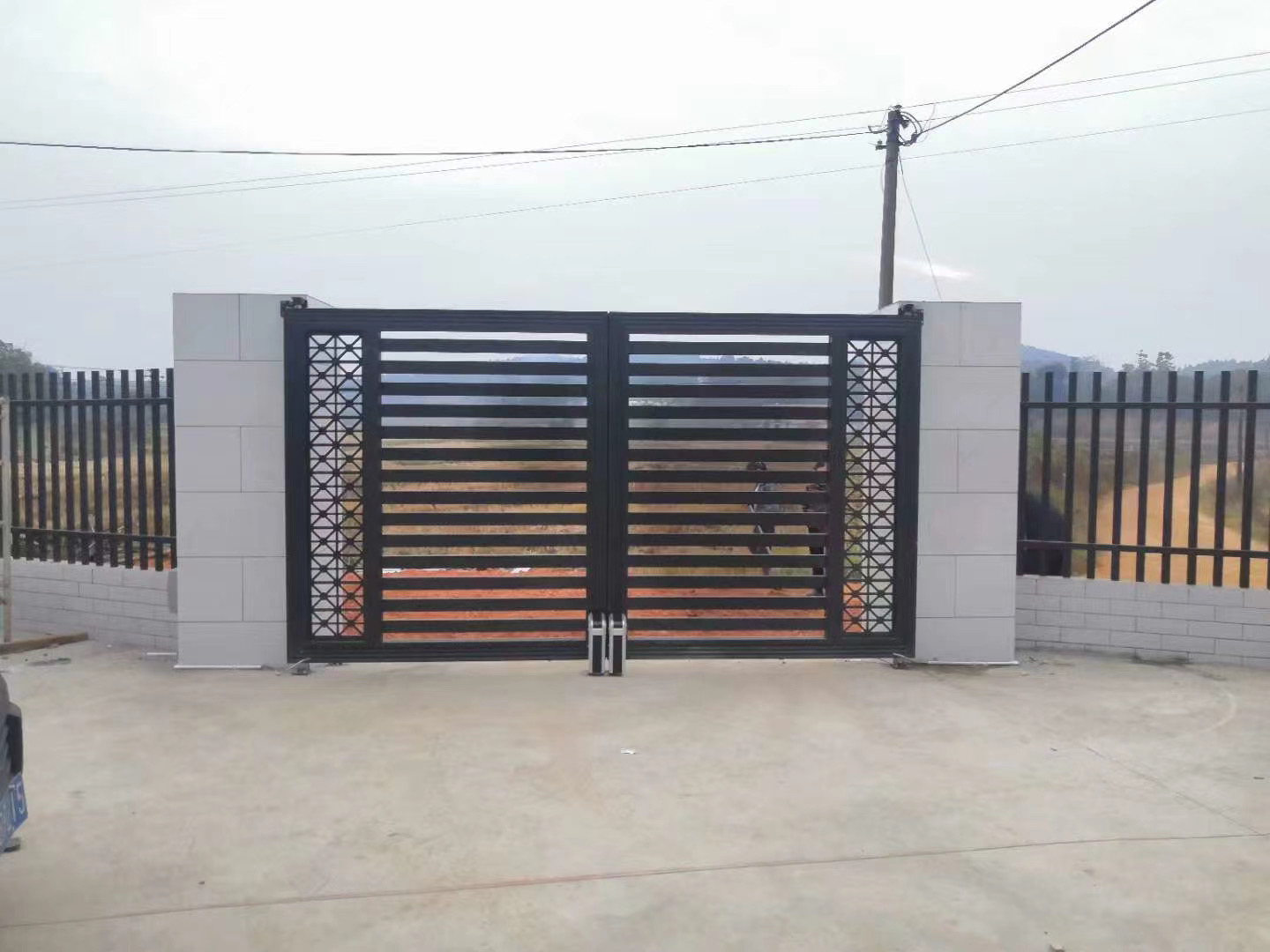What Factors Affect the Lifespan of a Gate Motor?
Gate motors play a vital role in the smooth operation and security of automated gates. As with any mechanical and electrical device, the lifespan of a gate motor is influenced by various factors. Understanding these factors can help gate owners and operators make informed decisions regarding maintenance, repairs, and replacement. In this article, we will explore the key factors that can affect the lifespan of a gate motor.

Quality and Manufacturer
The quality of the gate motor and its manufacturer significantly impact its longevity. Gate motors from reputable manufacturers known for their quality and reliability are more likely to have a longer lifespan. Investing in a high-quality gate motor upfront can save time and money on repairs and replacements down the line.
Installation and Maintenance
Proper installation and regular maintenance are crucial factors that can directly impact the lifespan of a gate motor. It is essential to ensure that the gate motor is installed correctly, following the manufacturer's instructions and guidelines. Improper installation can strain the motor and its components, leading to premature wear and tear.
Regular maintenance, including cleaning, lubrication, and inspection, is necessary to keep the gate motor in optimal condition. Neglecting maintenance tasks can result in the accumulation of debris, increased friction, and potential damage to internal components, shortening the lifespan of the motor.
Usage Frequency and Load
The frequency of gate usage and the load it handles can have a significant impact on the lifespan of the motor. Gate motors designed for heavy-duty use can handle frequent opening and closing cycles and higher gate weights more efficiently. Conversely, using a gate motor beyond its specified load capacity or subjecting it to excessive usage can strain its components, leading to premature failure.
Environmental Factors
The environment in which the gate motor operates can affect its lifespan. Harsh weather conditions, such as extreme temperatures, excessive moisture, or prolonged exposure to direct sunlight, can accelerate the deterioration of motor components. Additionally, exposure to dust, debris, and corrosive substances may compromise the motor's performance and lifespan. Installing appropriate weatherproof enclosures and taking measures to protect the gate motor from environmental factors can help prolong its lifespan.
Power Supply Stability
The stability and quality of the power supply to the gate motor are critical factors affecting its lifespan. Voltage fluctuations, power surges, and electrical disturbances can damage sensitive motor components, reducing their lifespan. Using surge protectors, voltage regulators, or installing a stable power supply system can help mitigate the risk of electrical damage and extend the motor's lifespan.
Proper Usage and Handling
The way the gate motor is used and handled can impact its lifespan. Rough handling, improper usage, or attempting to manually force the gate open or closed while the motor is engaged can put undue stress on the motor and its components, leading to premature wear and failure. It is essential to follow the manufacturer's guidelines for safe operation and avoid any actions that could strain the motor.
Conclusion
The lifespan of a gate motor is influenced by several factors, including the quality and manufacturer of the motor, proper installation and maintenance practices, usage frequency and load, environmental conditions, power supply stability, and proper usage and handling. By understanding these factors, gate owners and operators can make informed decisions regarding the maintenance, repair, or replacement of their gate motors. Regular maintenance, adherence to usage guidelines, and investing in high-quality gate motors can significantly extend their lifespan, ensuring smooth and reliable operation of automated gates for years to come.





